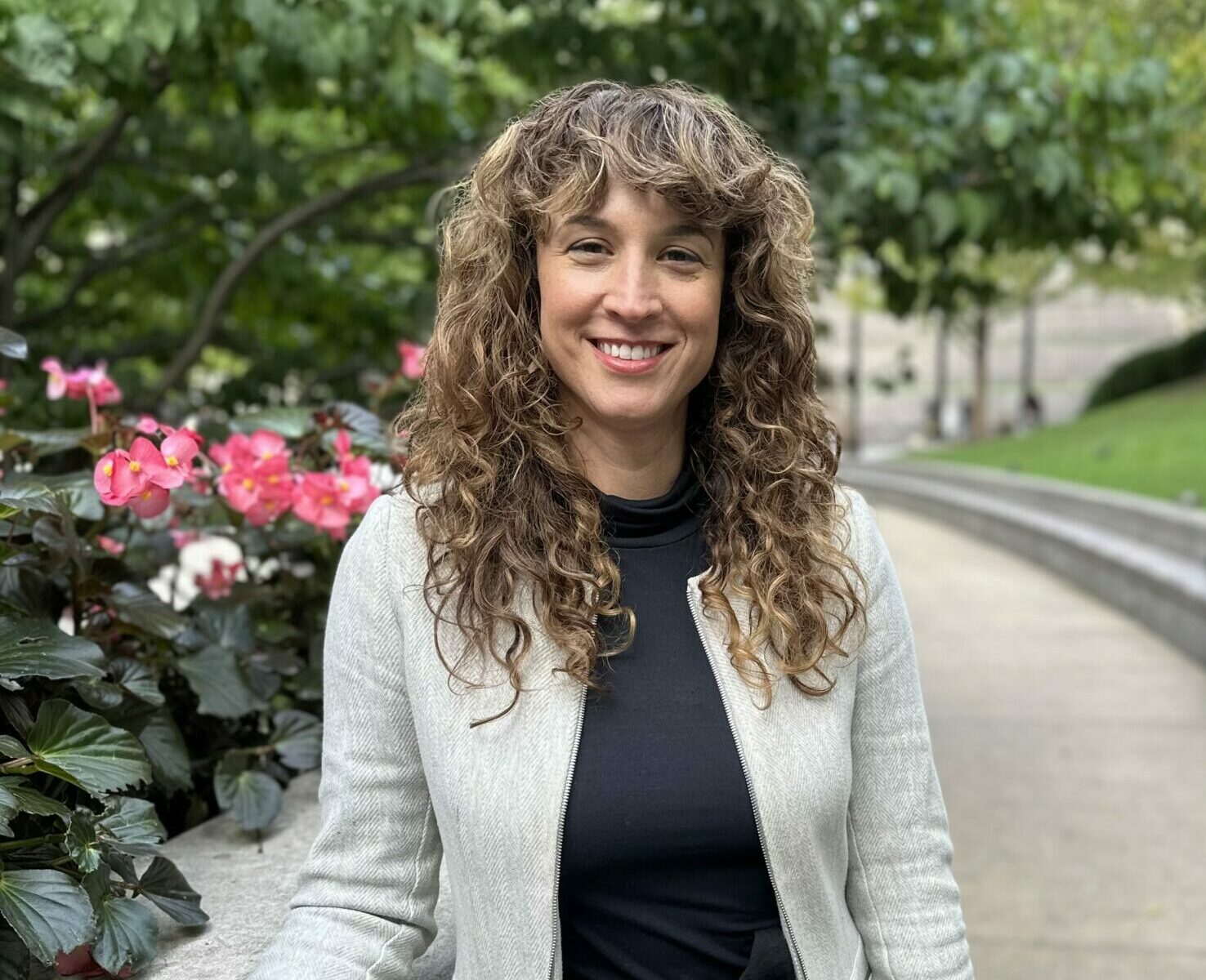Manure pit at a factory farm
September 25, 2023
Protecting Michigan Manure Regulations
The biggest facilities represent the biggest risk to water quality, and they should be held responsible for managing their harmful waste.
Last week, eleven environmental groups filed a “friend of the court” brief to protect clean water in Michigan. Our brief asked the Michigan Supreme Court to reverse a state appellate court ruling that effectively handcuffs the state environmental protection agency (EGLE) from protecting Michigan’s waters against pollution from industrial livestock operations, known as CAFOs.
These facilities concentrate thousands of animals in a relatively small space, generating huge volumes of feces and other dangerous waste. For a sense of scale, the animals on these facilities (the 256 largest animal production facilities in Michigan) generate over 62 million pounds of fecal wet mass per day. That’s 17 million pounds per day more than the entire human population of the state. These facilities dispose of billions of gallons of waste every year by applying it, untreated, to land across the state, contributing to E. coli pollution and toxic algal blooms.
CAFOs alone (less than 1% of MI farms) produce more waste than the entire human population of Michigan.
Despite the opposition’s claims that regulations harm small farmers, the reality is that CAFO permits are only required for the biggest agricultural operations in the state – just 256 facilities out of Michigan’s more than 47,000 farms (less than 1%). The biggest facilities represent the biggest risk to water quality, and they should be held responsible for managing their harmful waste.
If the Michigan Supreme Court does not reverse the lower court’s ruling, EGLE will be unable to improve the permits that regulate these facilities, even though EGLE admits that the current permits are failing to prevent water pollution. The legal issues involved are pretty abstract, turning on administrative law and statutory interpretation principles, but the stakes couldn’t be more real for Michigan’s waters.


